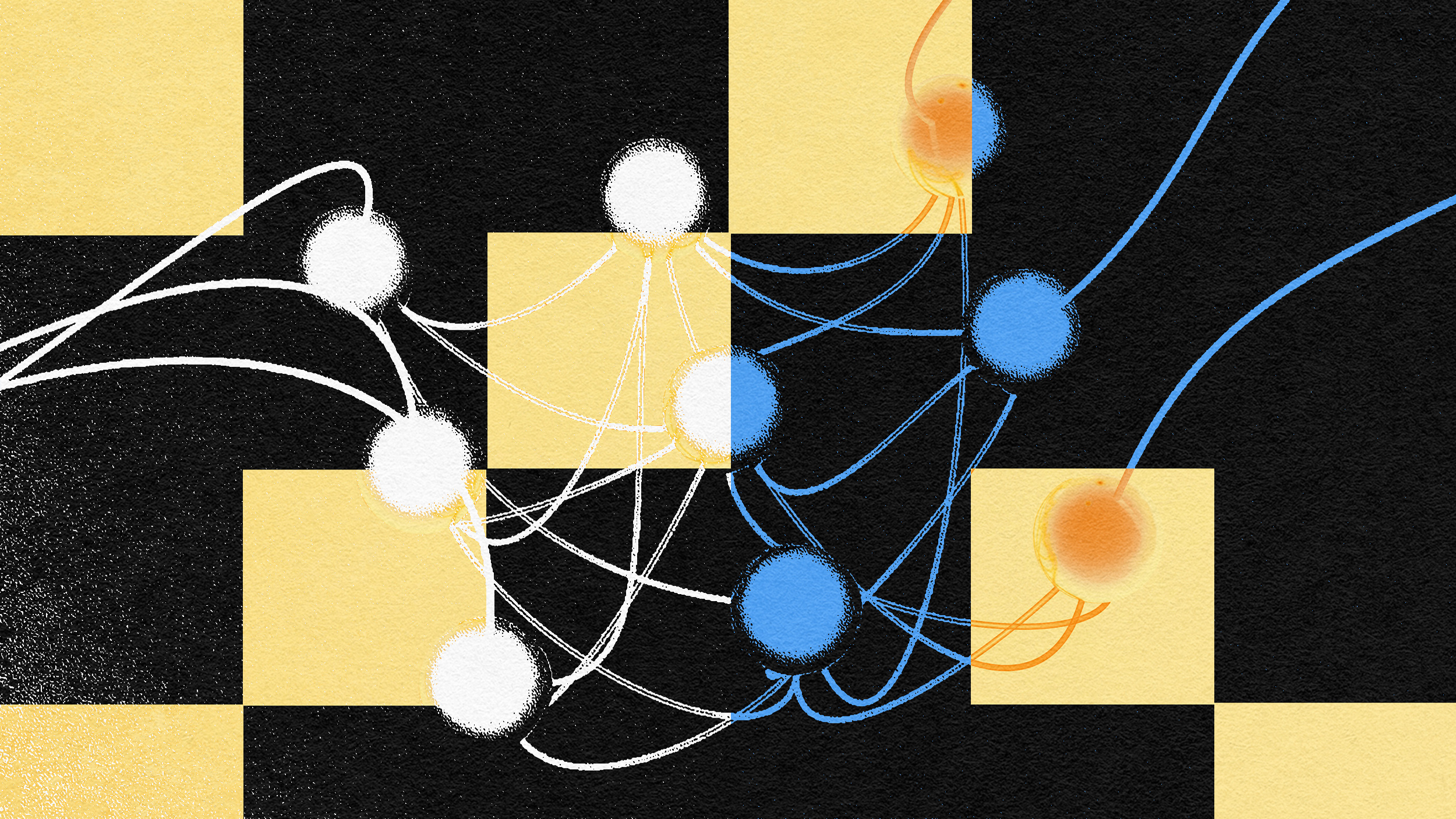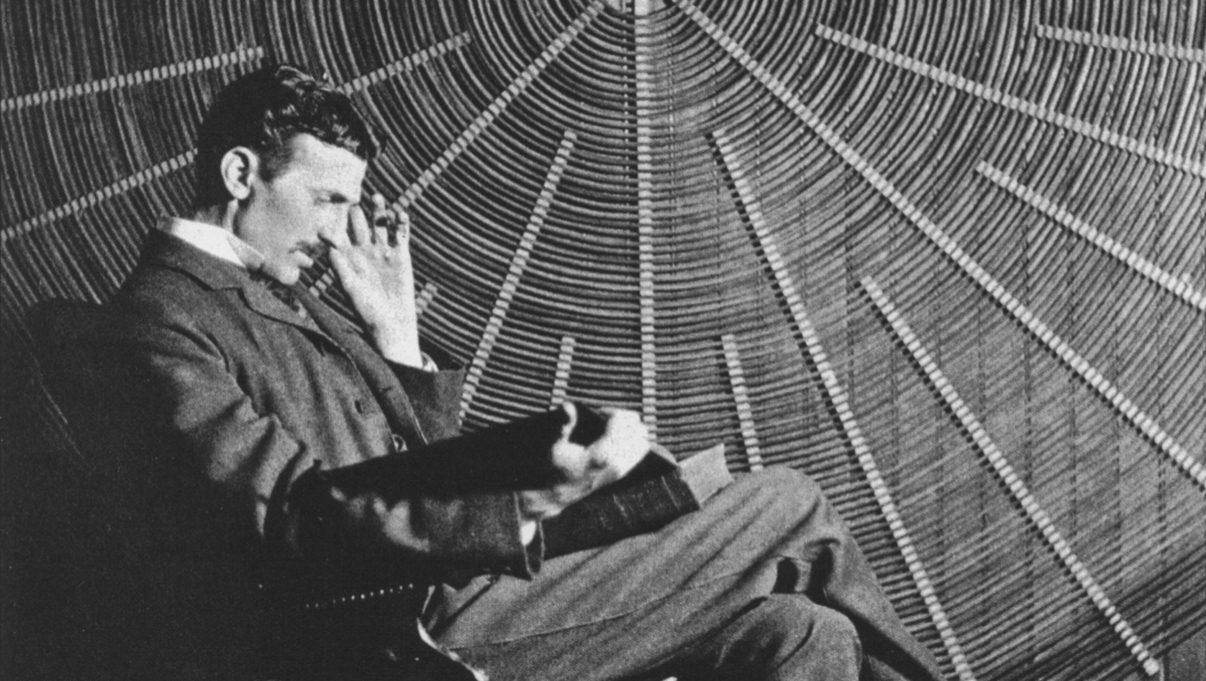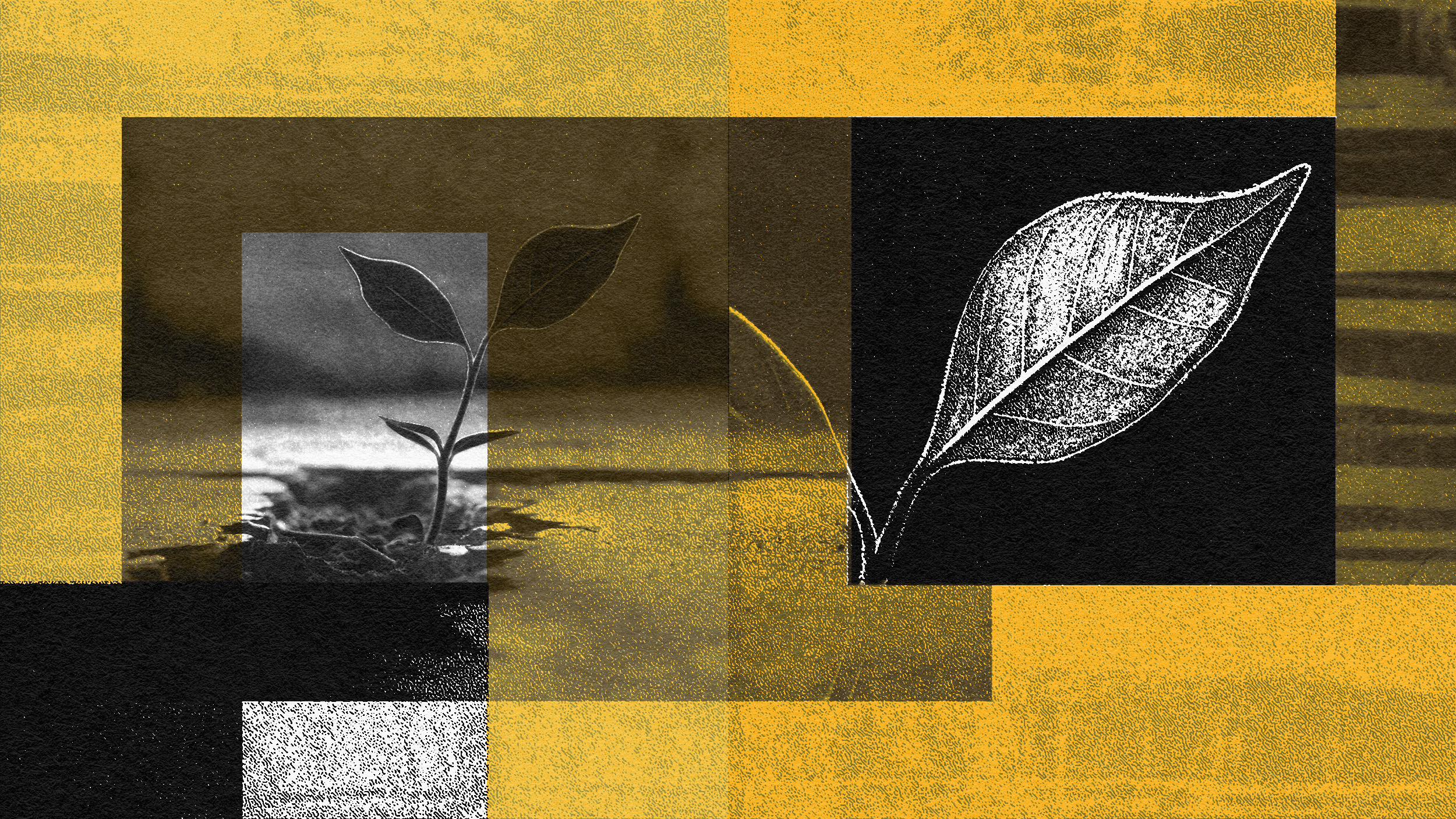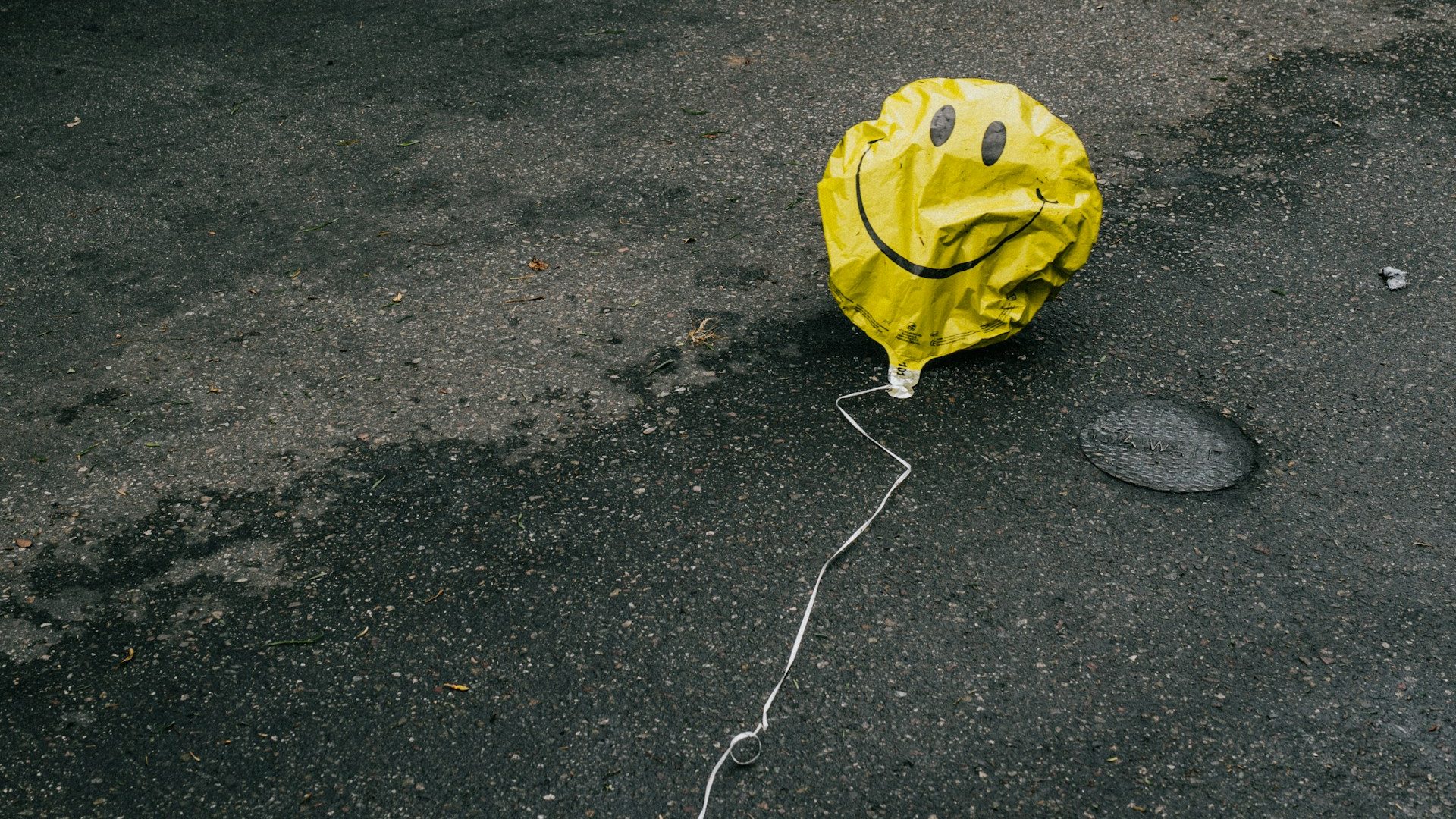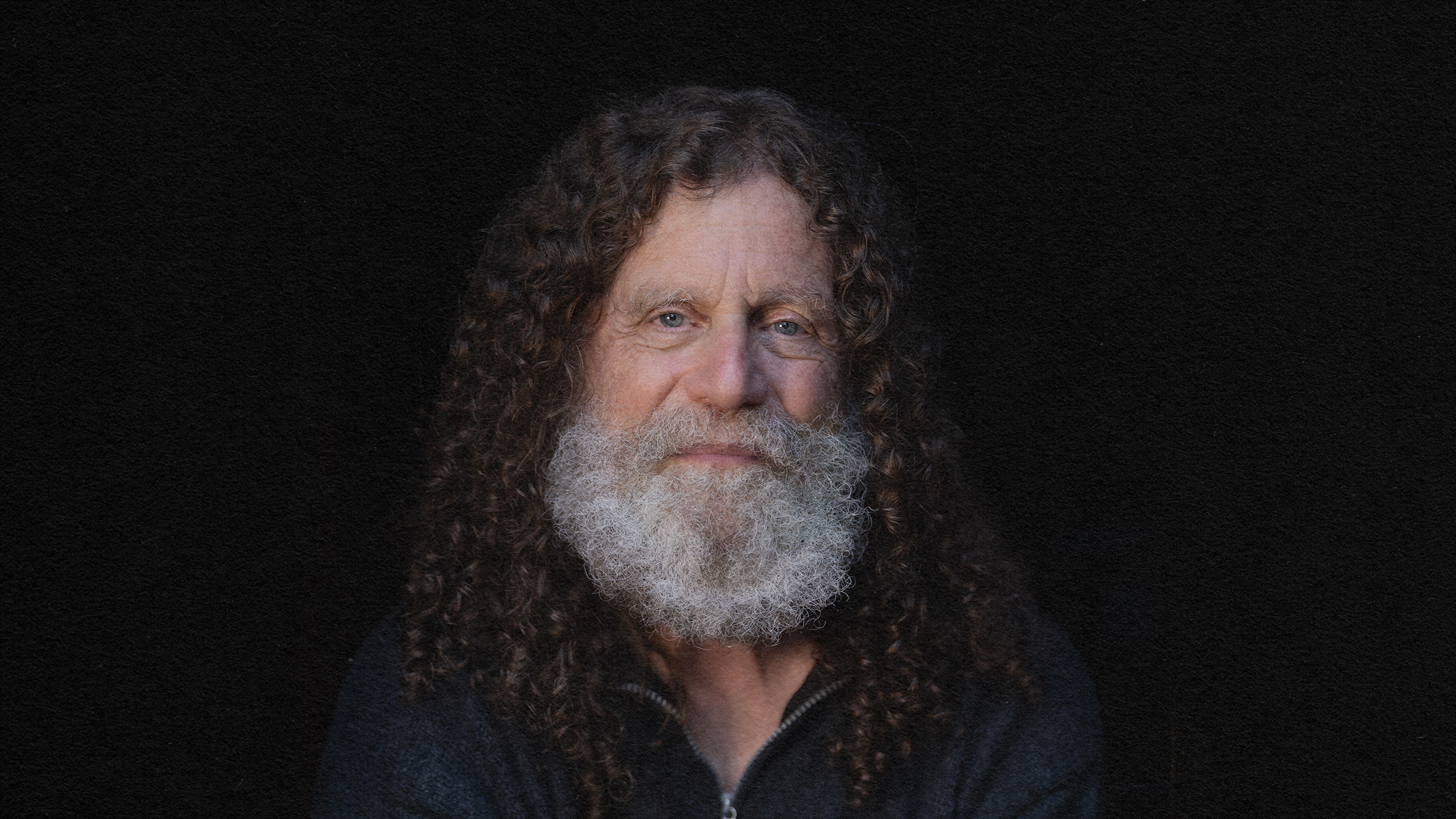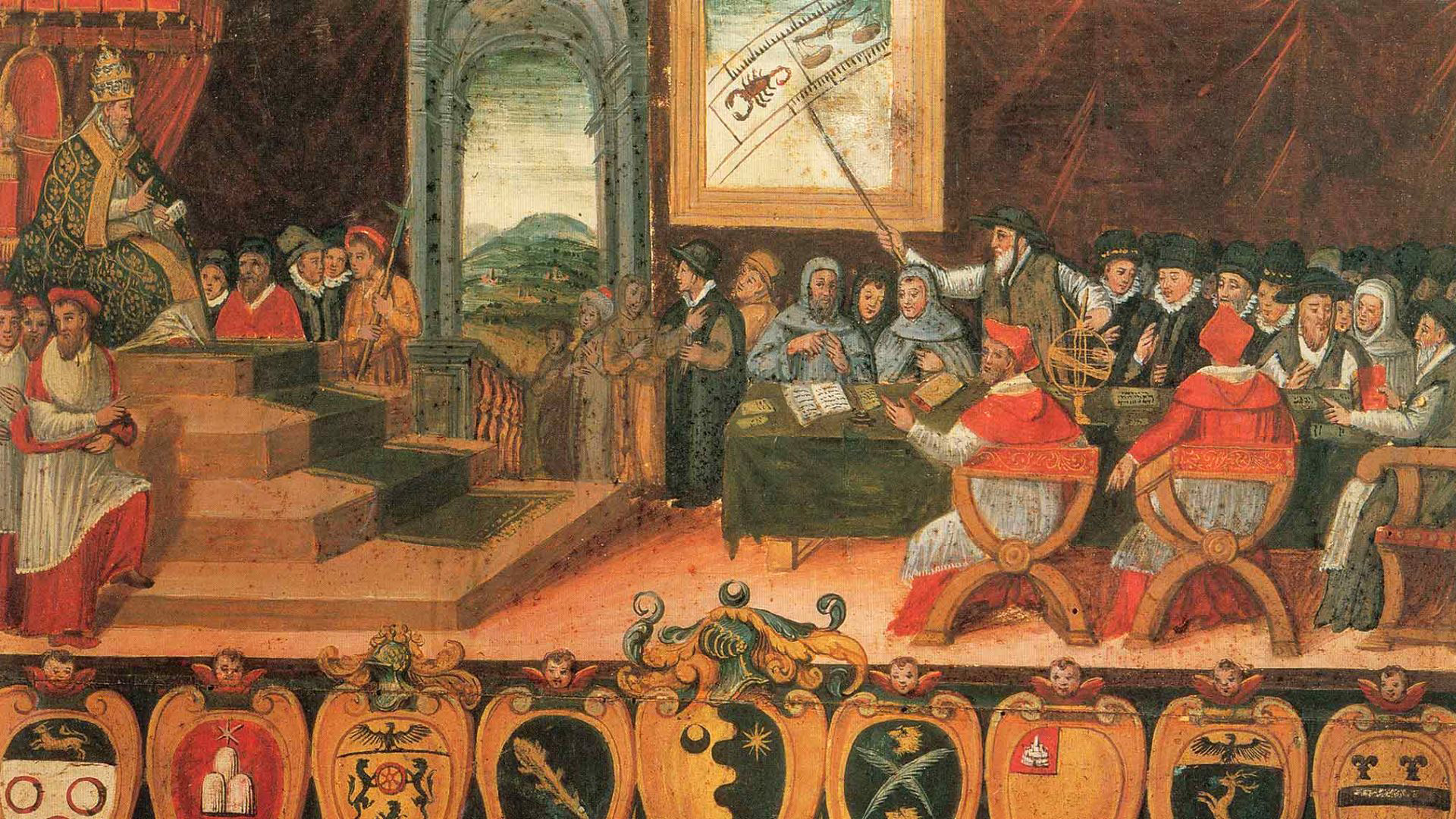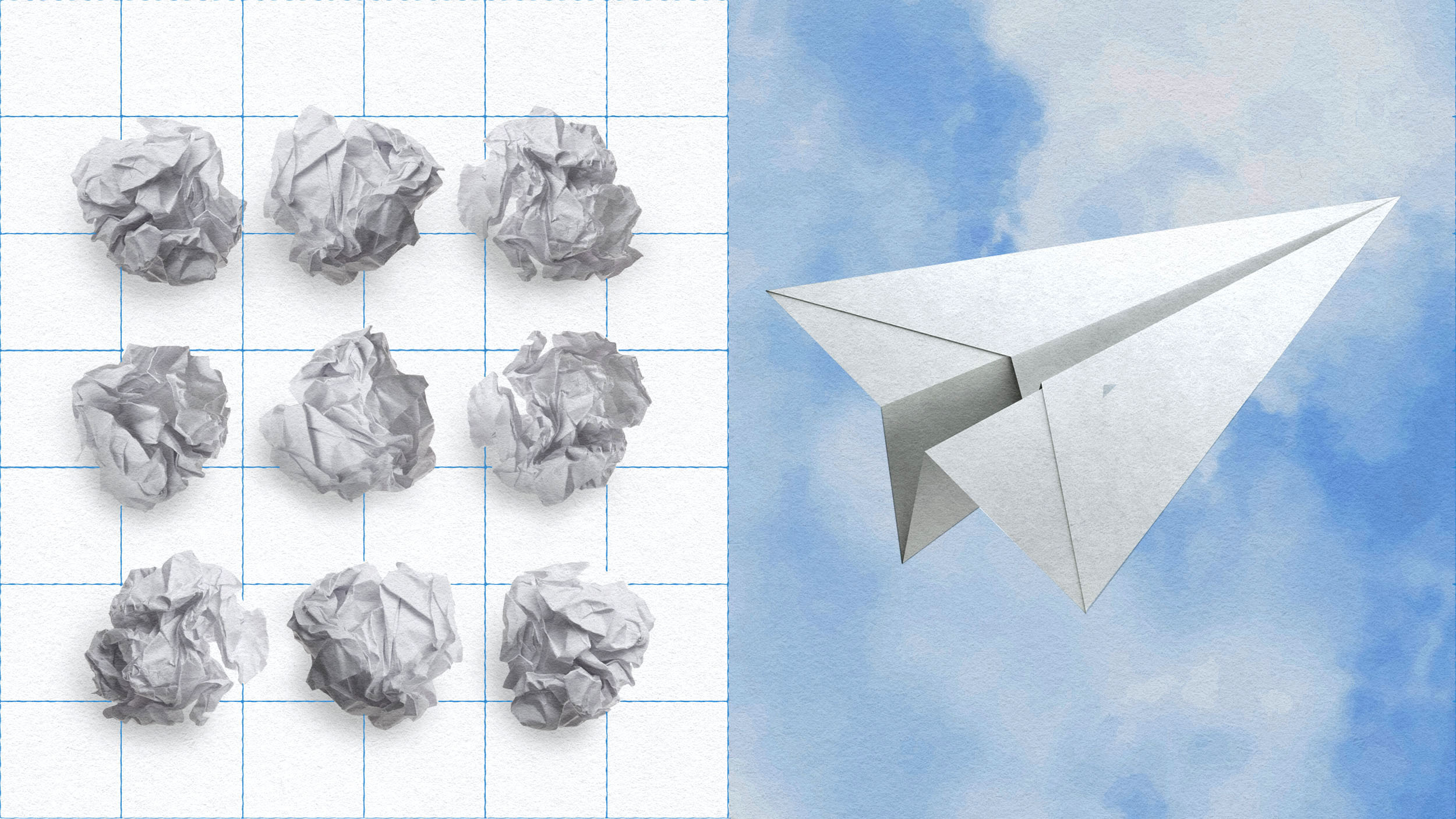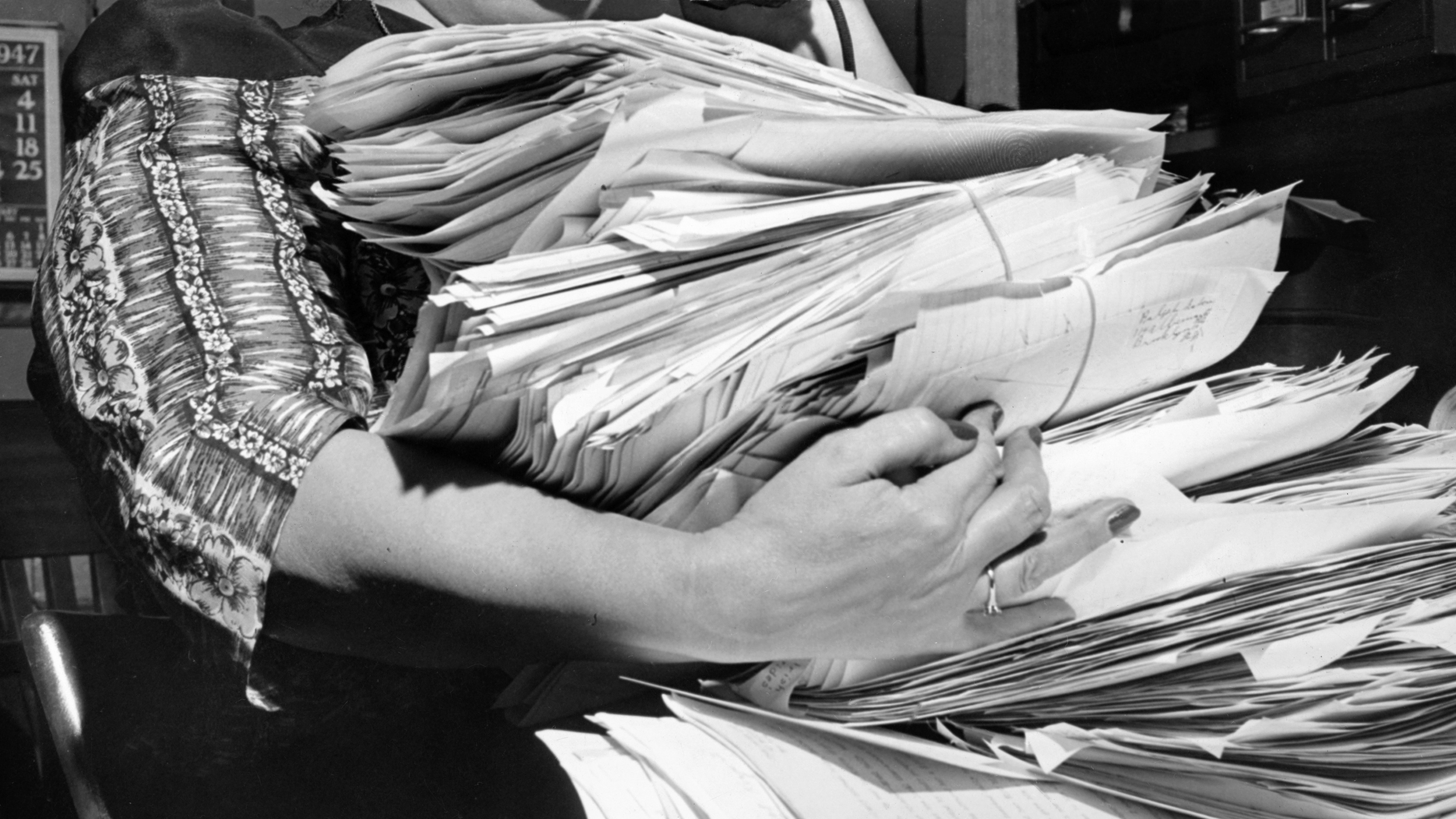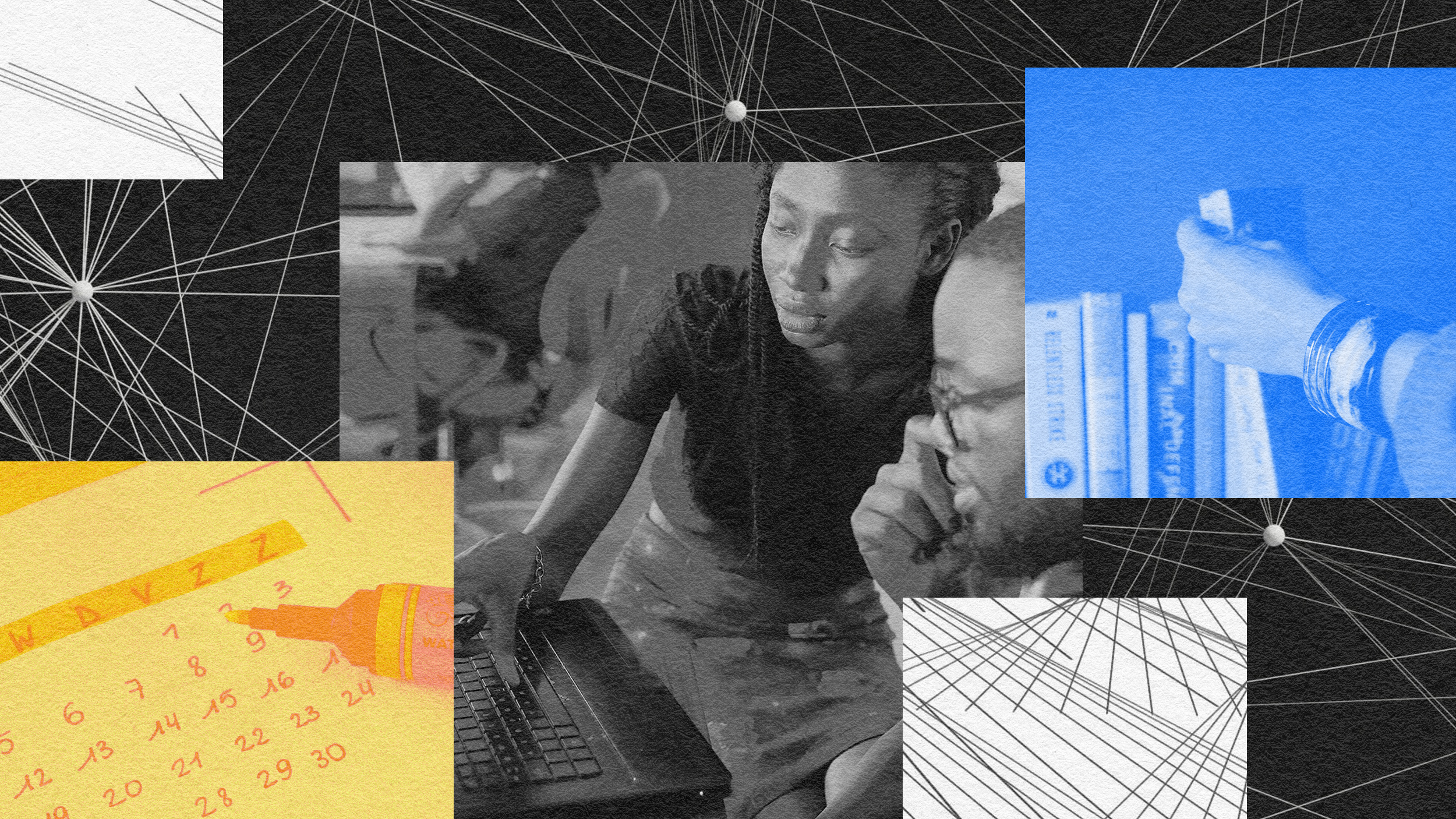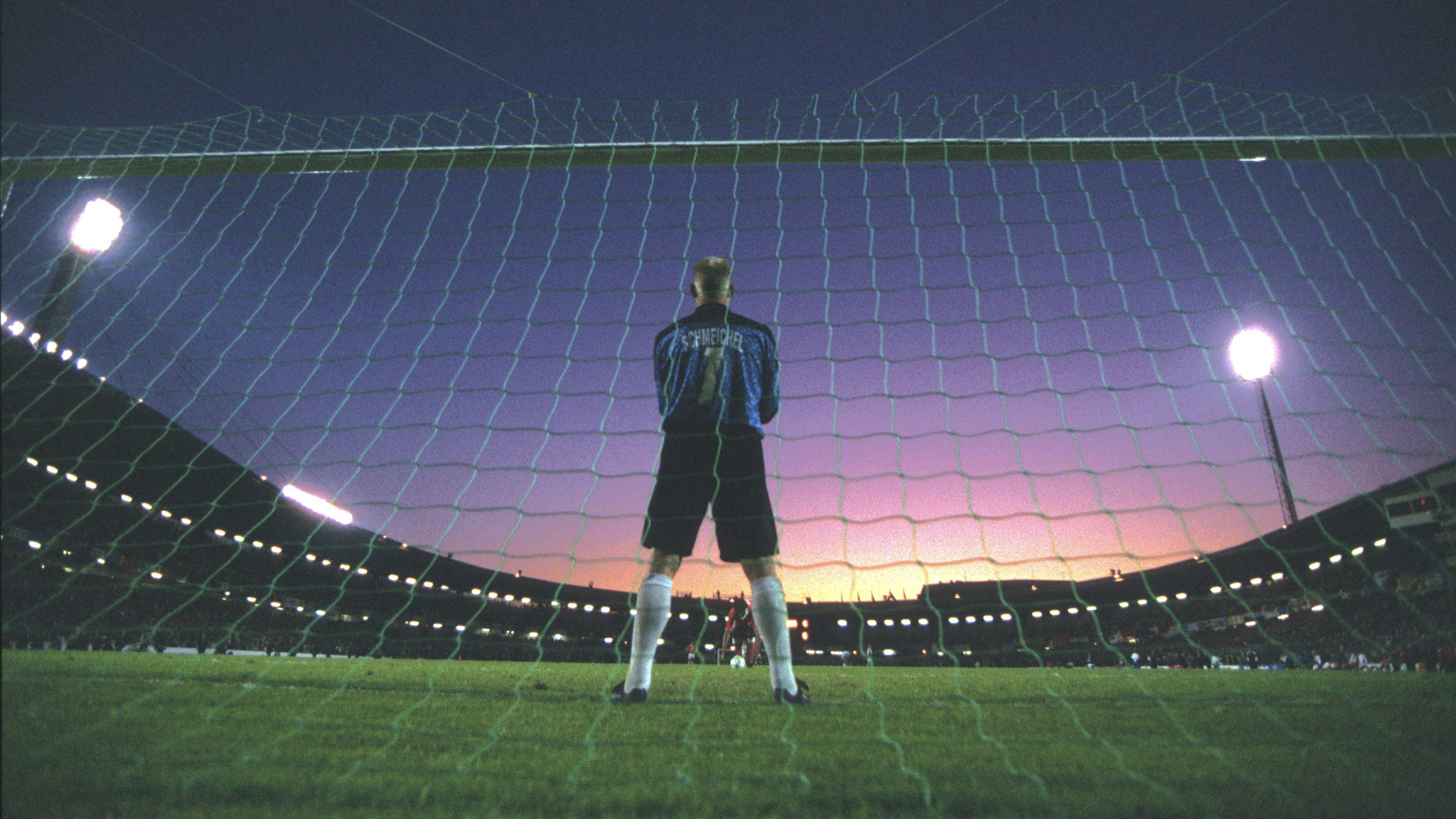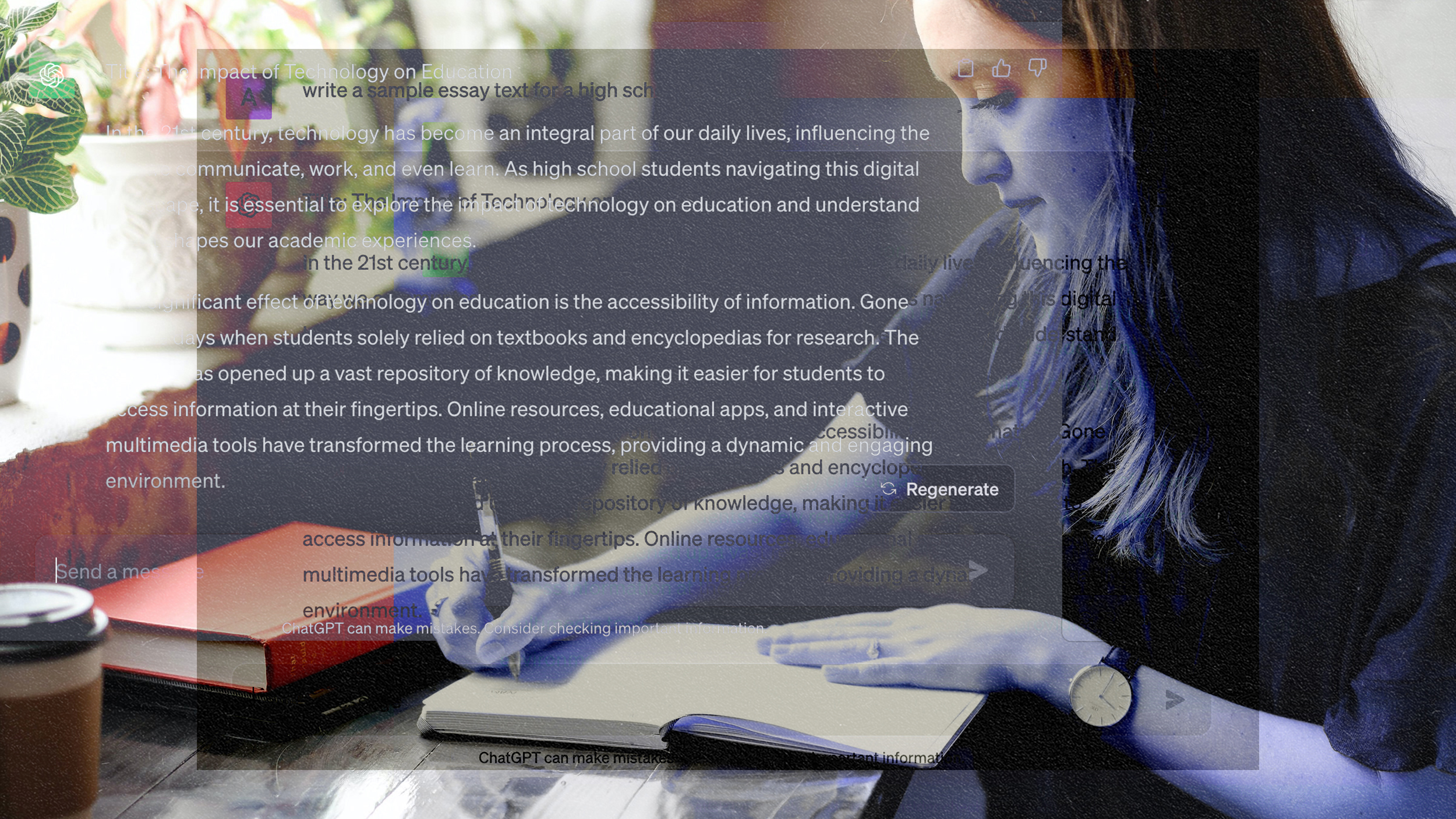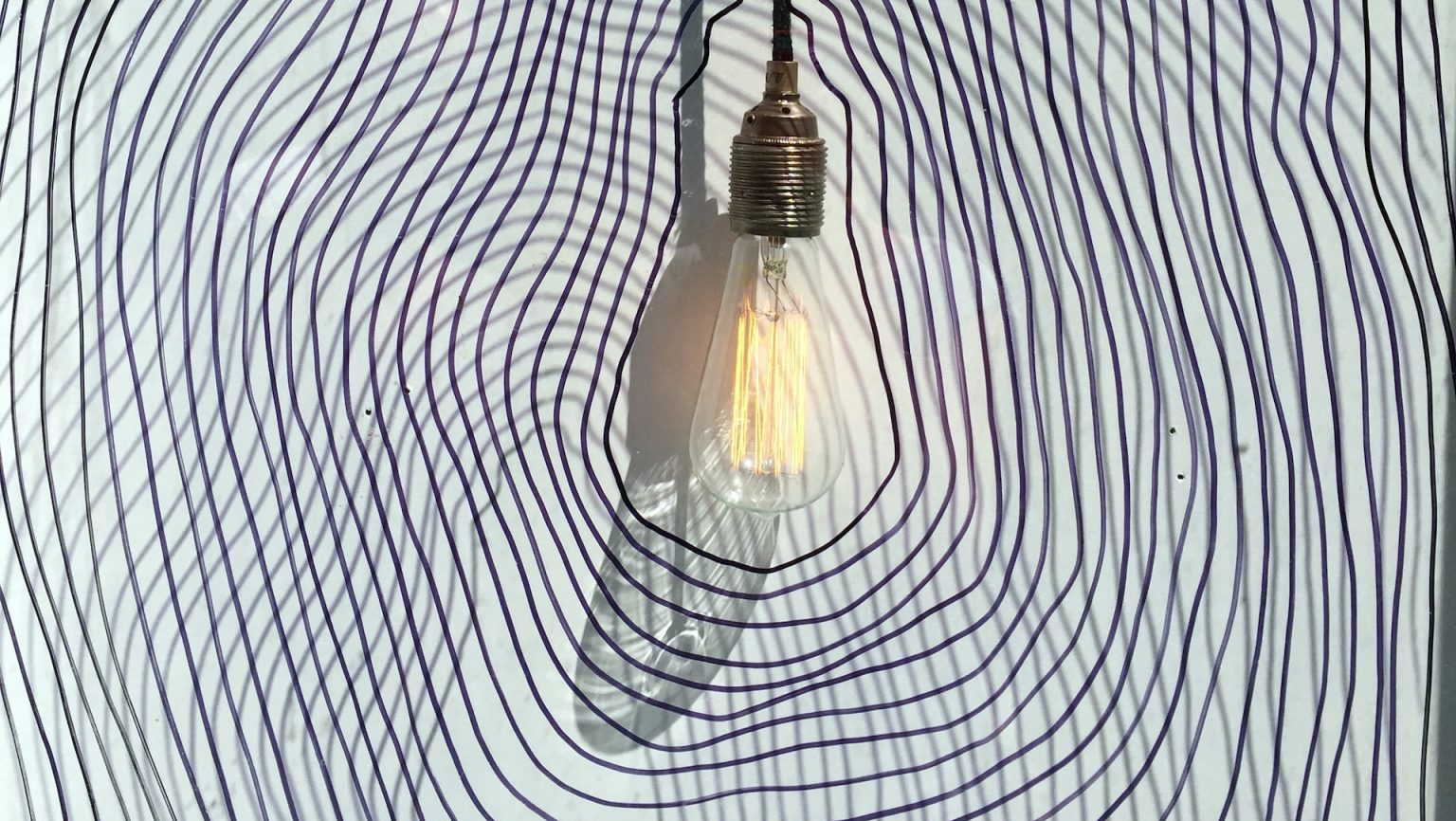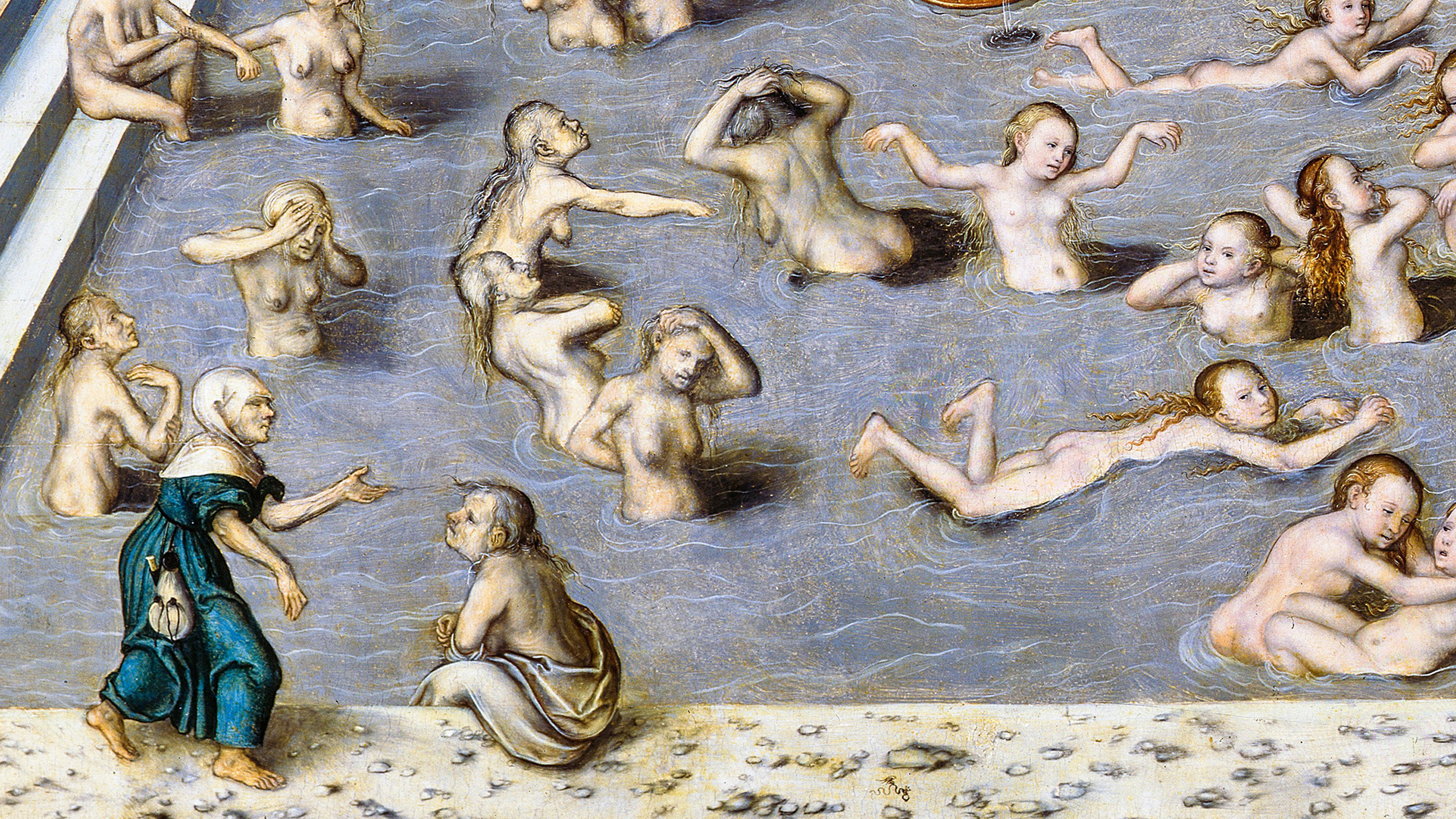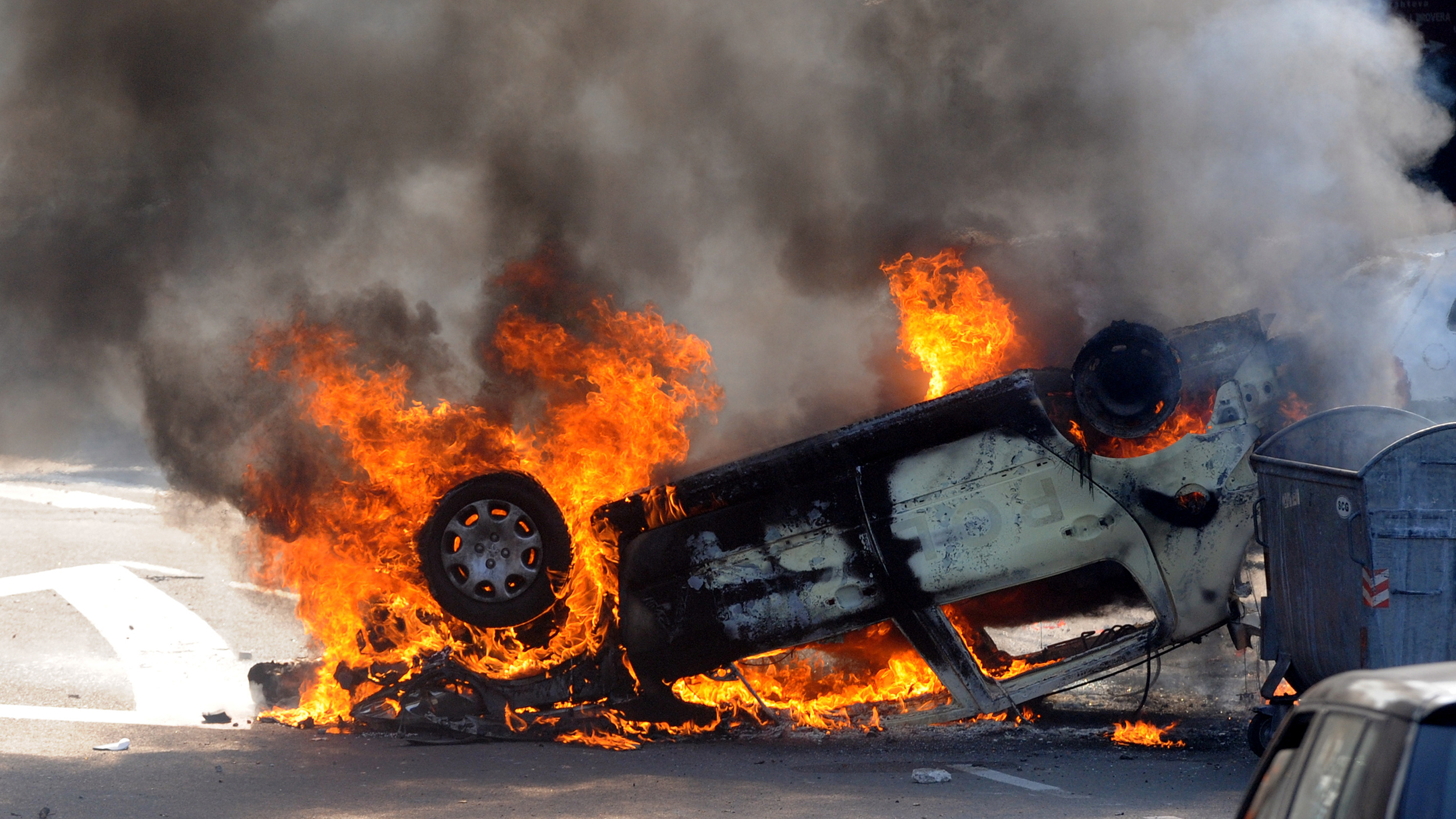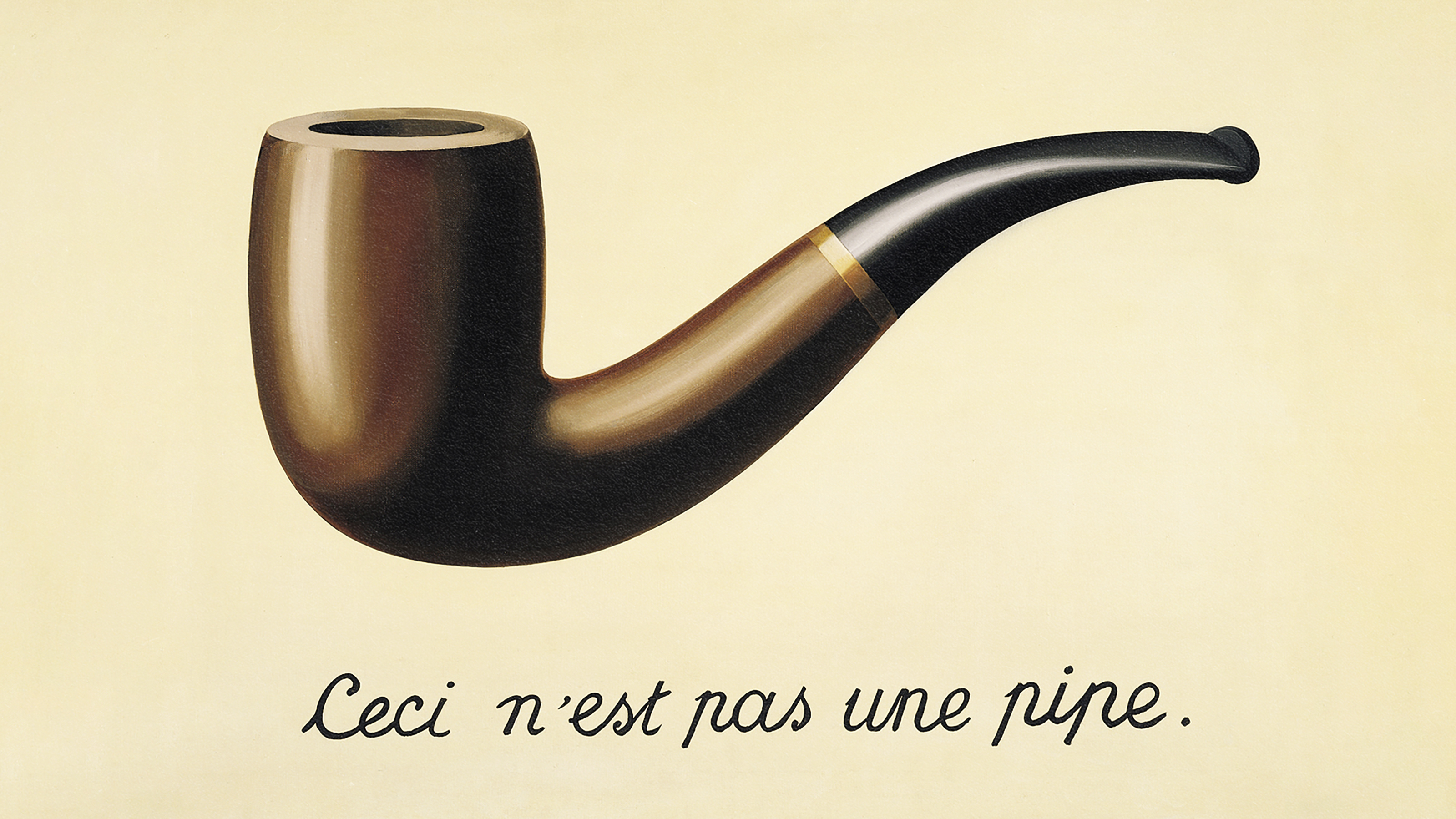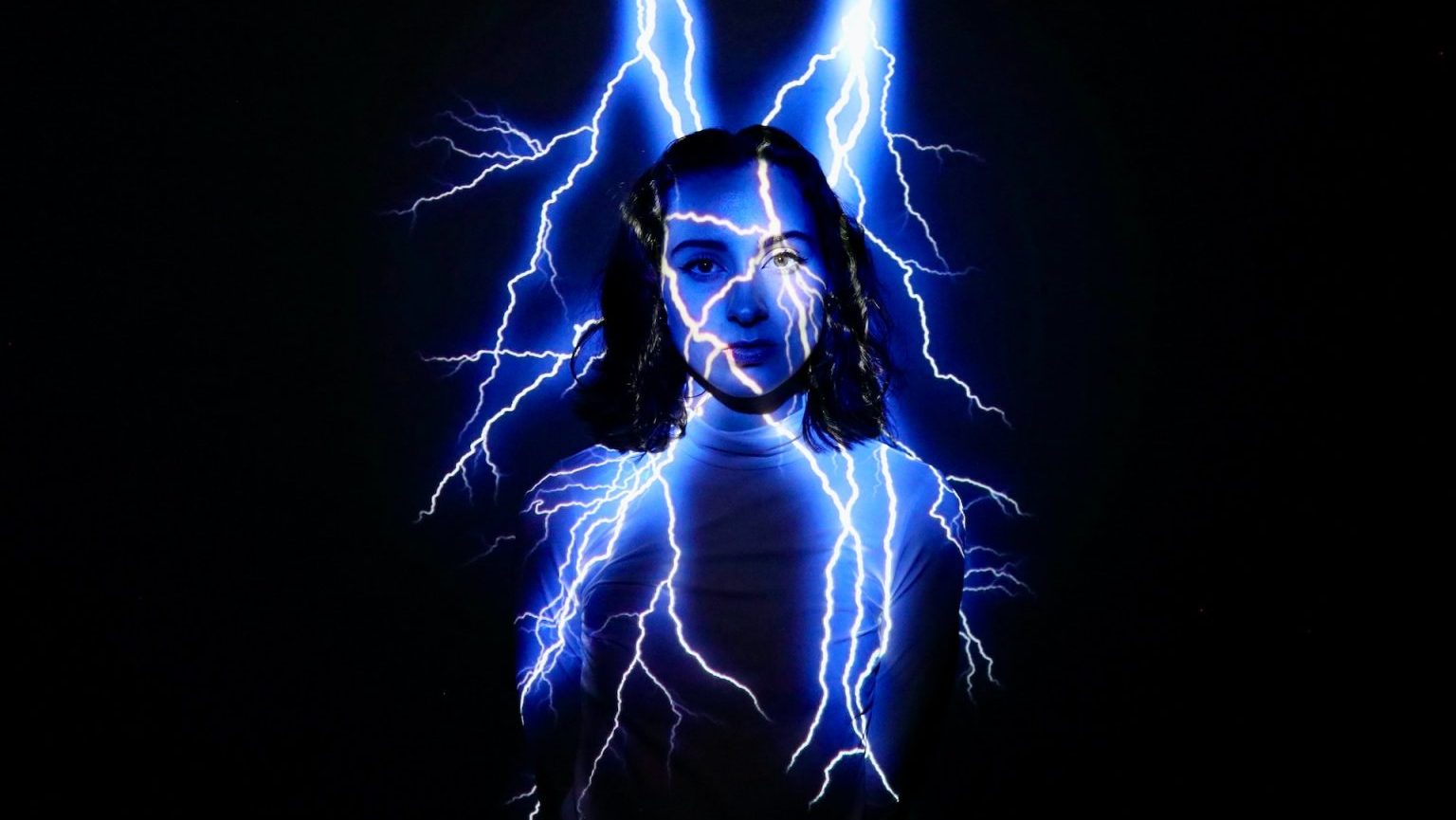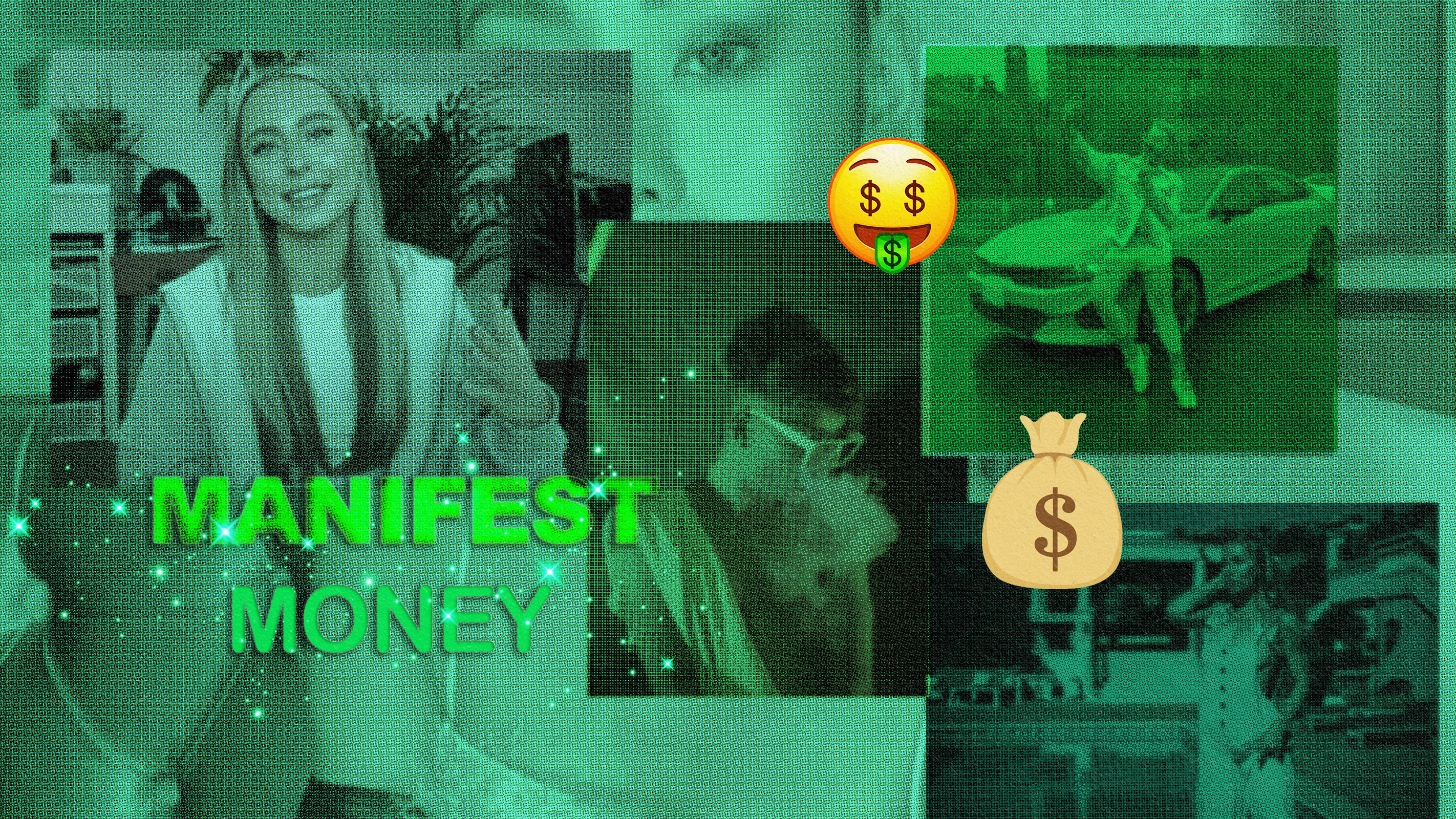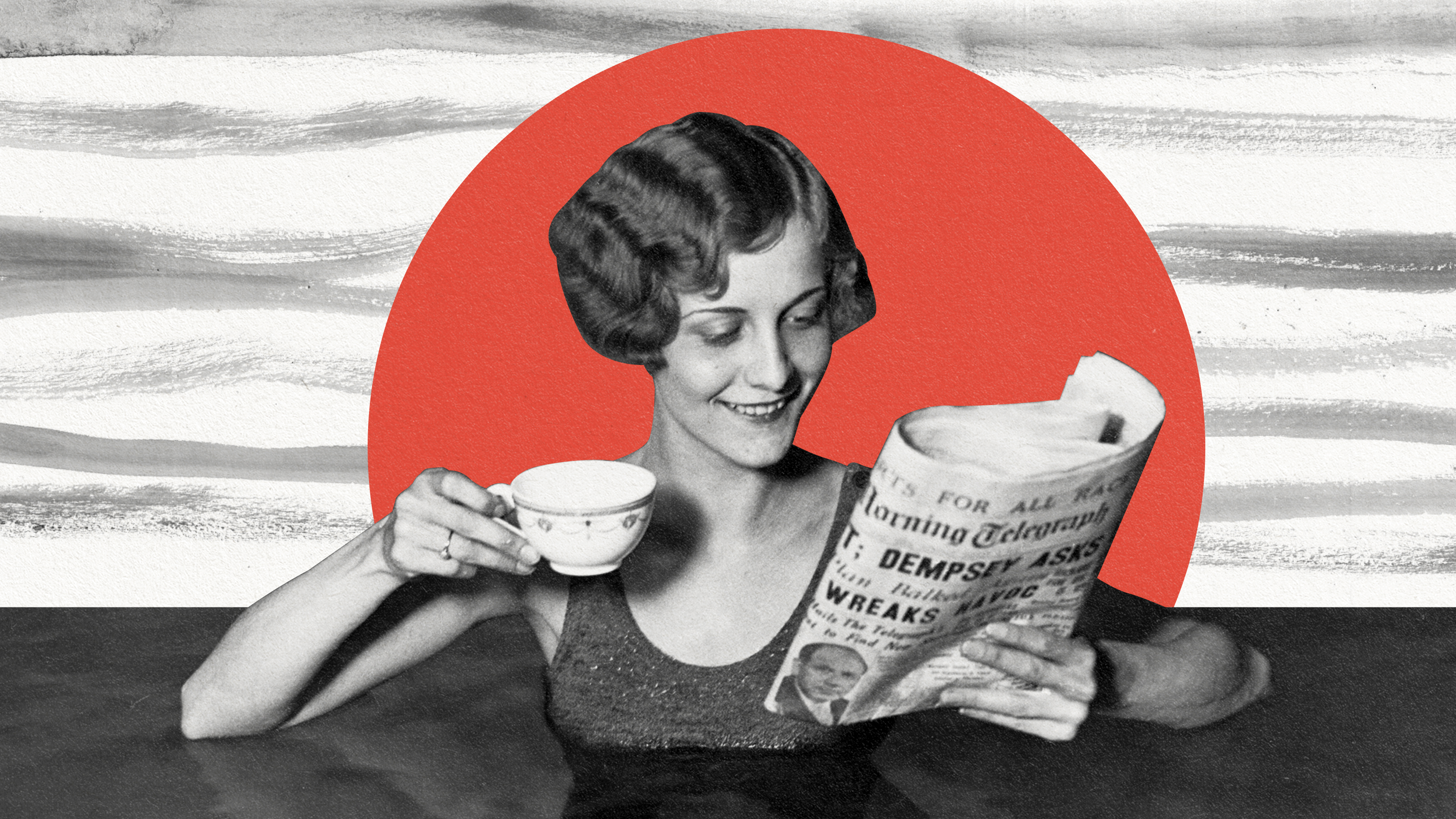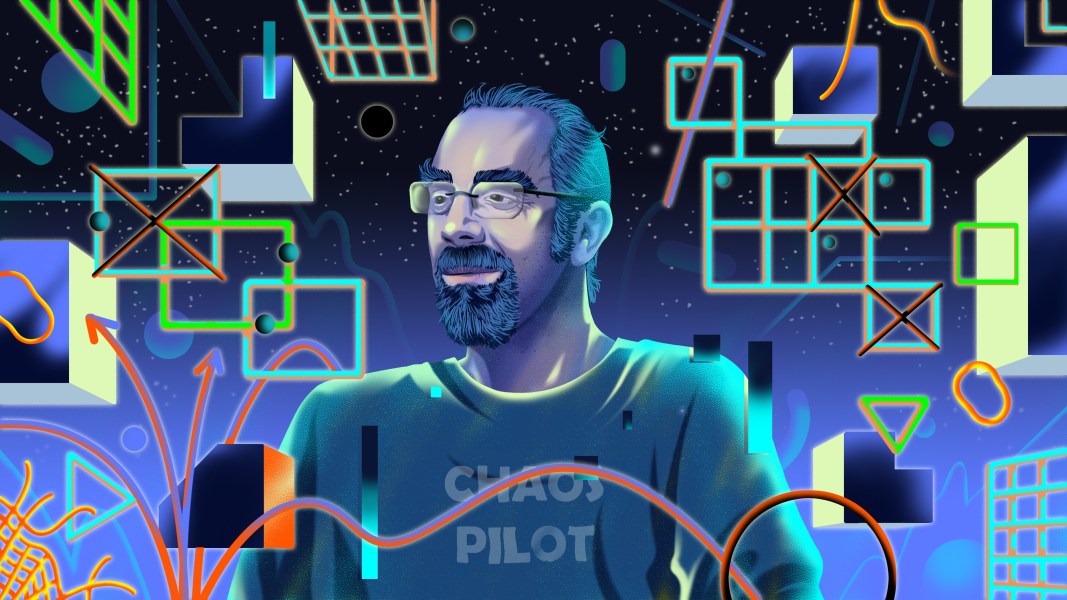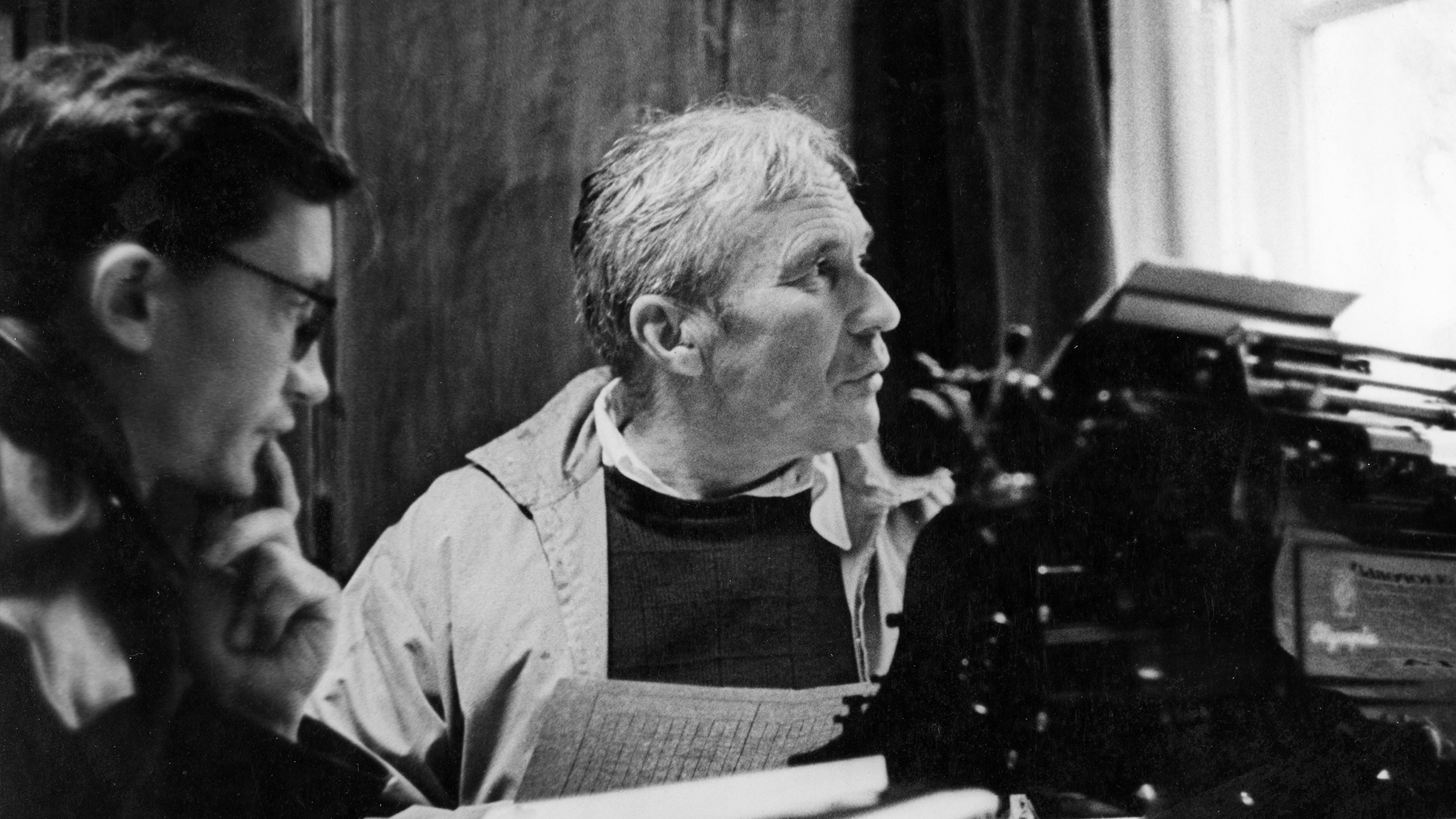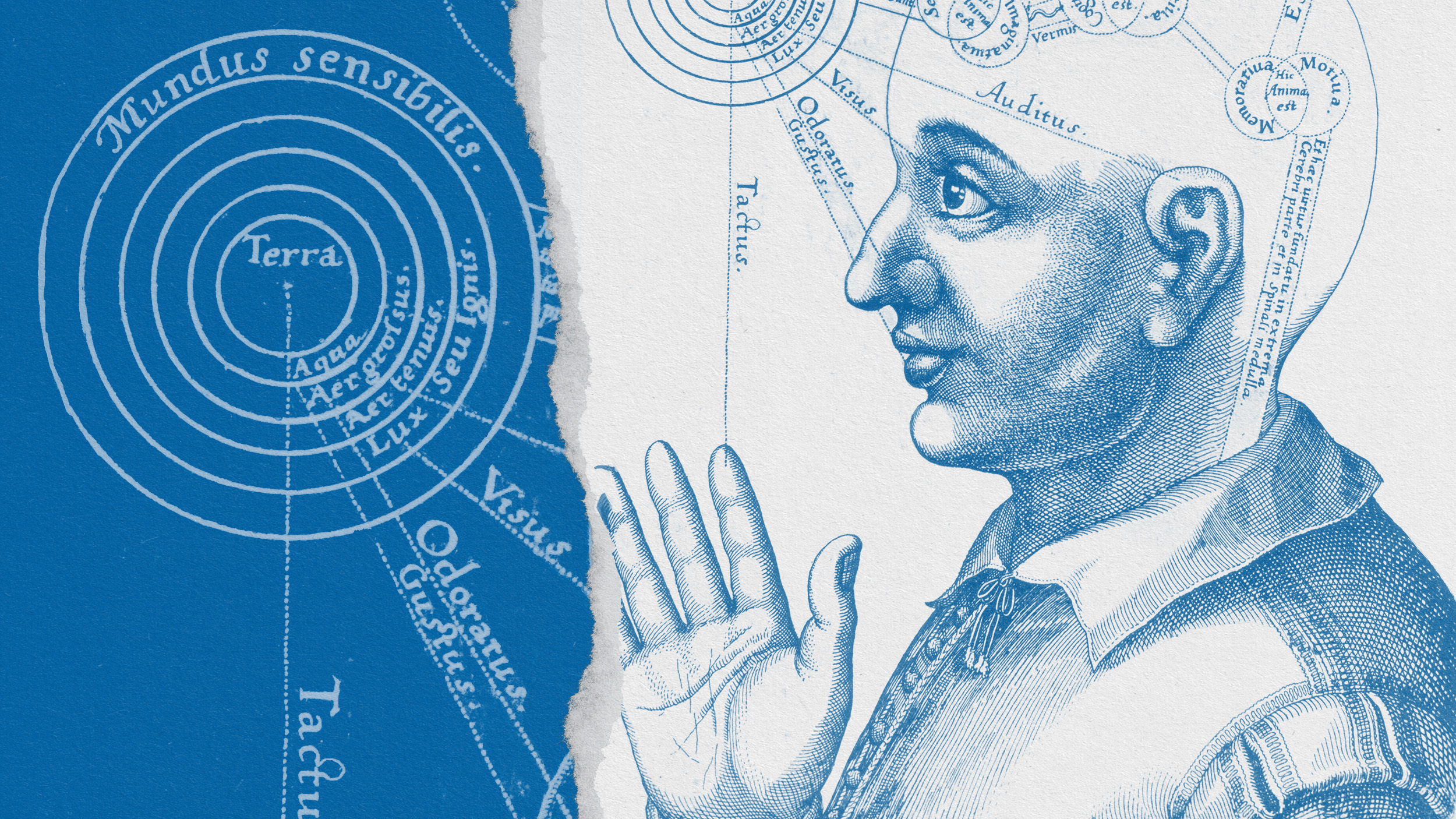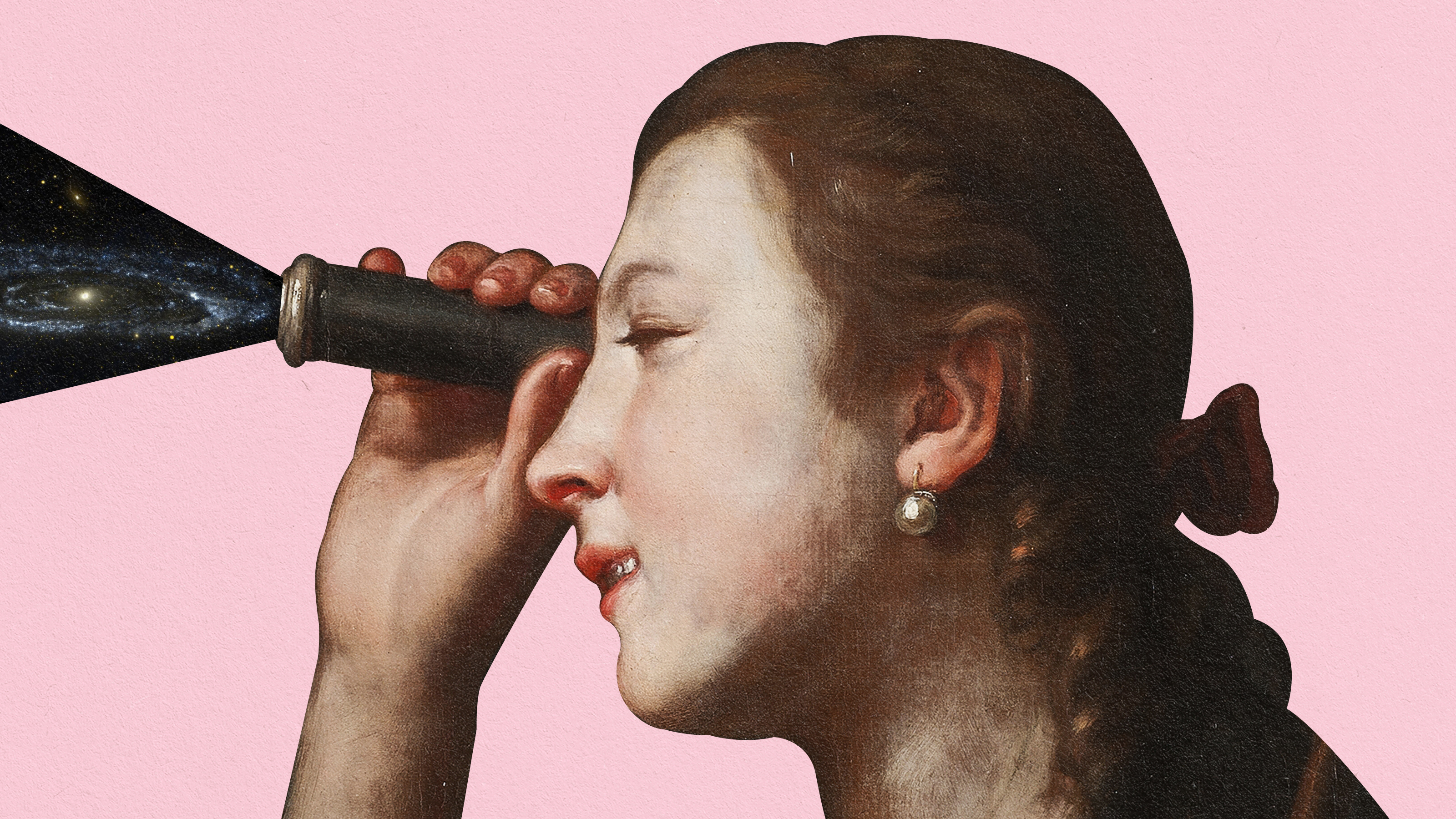critical thinking
AI is both a tool and a catalyst — and the key to successful integration is to rewrite your rule book and tinker.
Scientists are probing the head games that influence athletic performance, from coaching to coping with pressure.
“She understood me and I understood her. I loved that pigeon.”
How to juggle while walking a tightrope — at work.
Studies claiming to reveal strategies for feeling happy get a second look.
A volley of new insights reignites the debate over whether our choices are ever truly our own.
A sober look at a wild conspiracy theory that argues the Middle Ages never happened.
An effective strategic approach to unlocking and selecting truly innovative solutions.
When we prepare for our plans to go wrong, we build the foundations for lasting profit.
How to figure out the right amount of time for any project.
Your brain is not an obsolete piece of technology. Once properly trained for learning, it’s your ticket to navigating the AI landscape.
We often assume that movement means progress and that doing something is better than doing nothing. That is often not true.
Once students master the basics of math, they are allowed to use calculators. The same should be true of writing and ChatGPT.
Even if a leading theory of consciousness is wrong, it can still be useful to science.
Is immortality a tantalizing possibility or a philosophical paradox?
You are much more likely to die in a car crash than from terrorism. Yet, philosopher Eran Fish says fearing terrorism more is justified.
Step 1: Don’t solve the wrong problem.
Defamiliarization is a common tool in the arts. Here we learn how seeing things from a different angle can lead to billion-dollar success.
Could a theory from the science of perception help crack the mysteries of psychosis?
Talent wants to be free — but a safe company culture puts “the maze in the mouse” and shackles progress.
“Choose not to be harmed—and you won’t feel harmed,” advised Stoic philosopher-emperor Marcus Aurelius. He had a point.
Millennials — who were raised to expect unlimited success but found only disappointment — can be drawn to manifestation.
We can no longer approach the news as passive consumers.
The patron saint of calling BS, Harry Frankfurt, died watching his philosophy become more urgent than ever.
This two-time debate world champion gives three tips for constructing the perfect argument.
▸
1:13:43 min
—
with
His grandfather, a member of Oppenheimer’s atomic bomb team, foresaw the potential of nuclear energy to power cities — not destroy them.
Probability, lacking solid theoretical foundations and burdened with paradoxes, was jokingly called the “theory of misfortune.”
The idea is to study the thing itself — be it a work of literature, death, family, a car, a vaccine, or the hospital — without preconceived notions, trendy easy answers, or dogma imposed on it.
Scientists can make substantial progress without fully understanding exactly what they’re doing.
If you’ve found yourself befuddled by extraordinary scientific-sounding claims, you’re not alone. But this centuries-old lesson can help.
